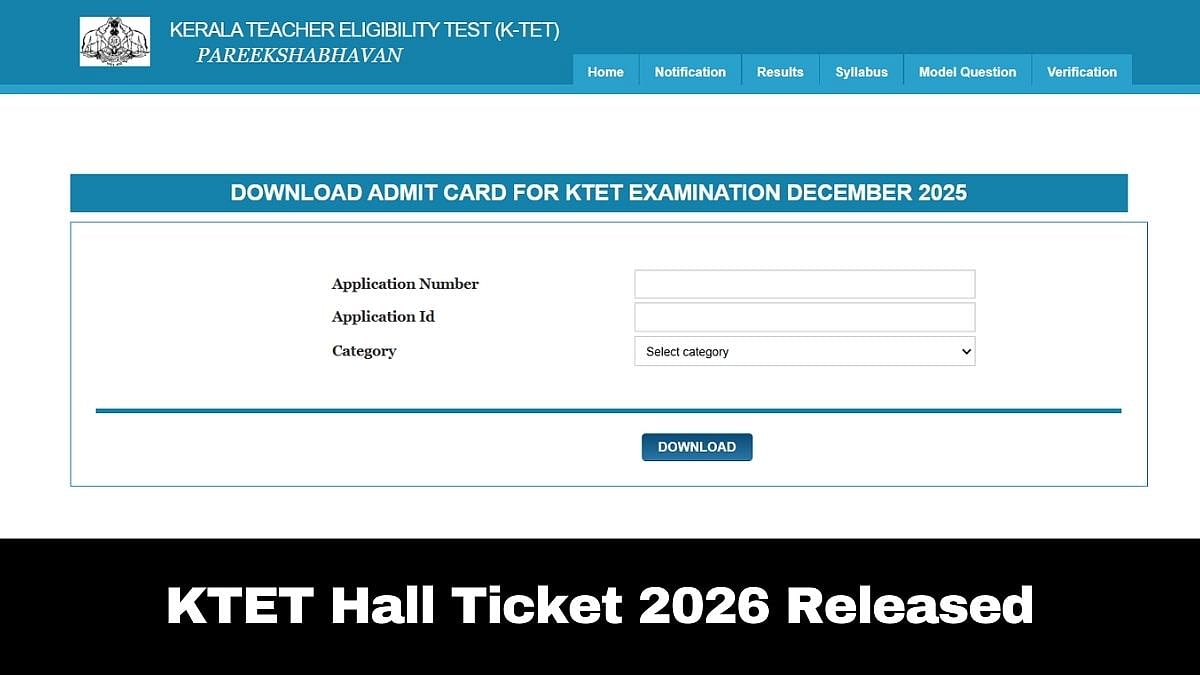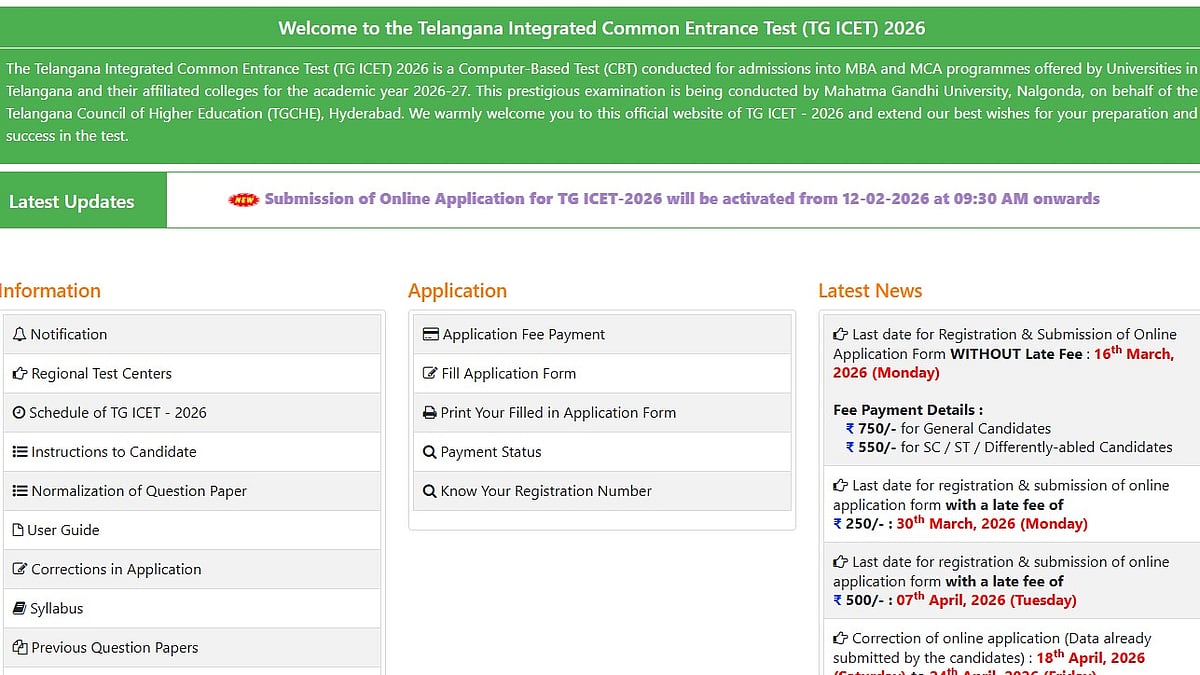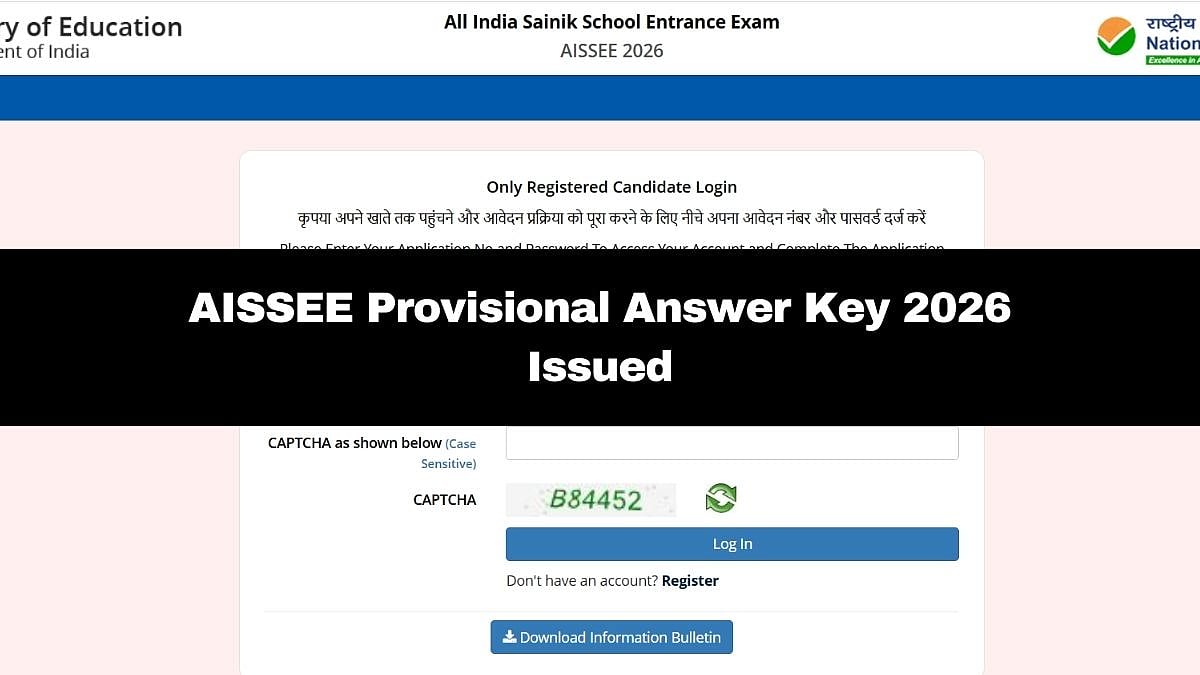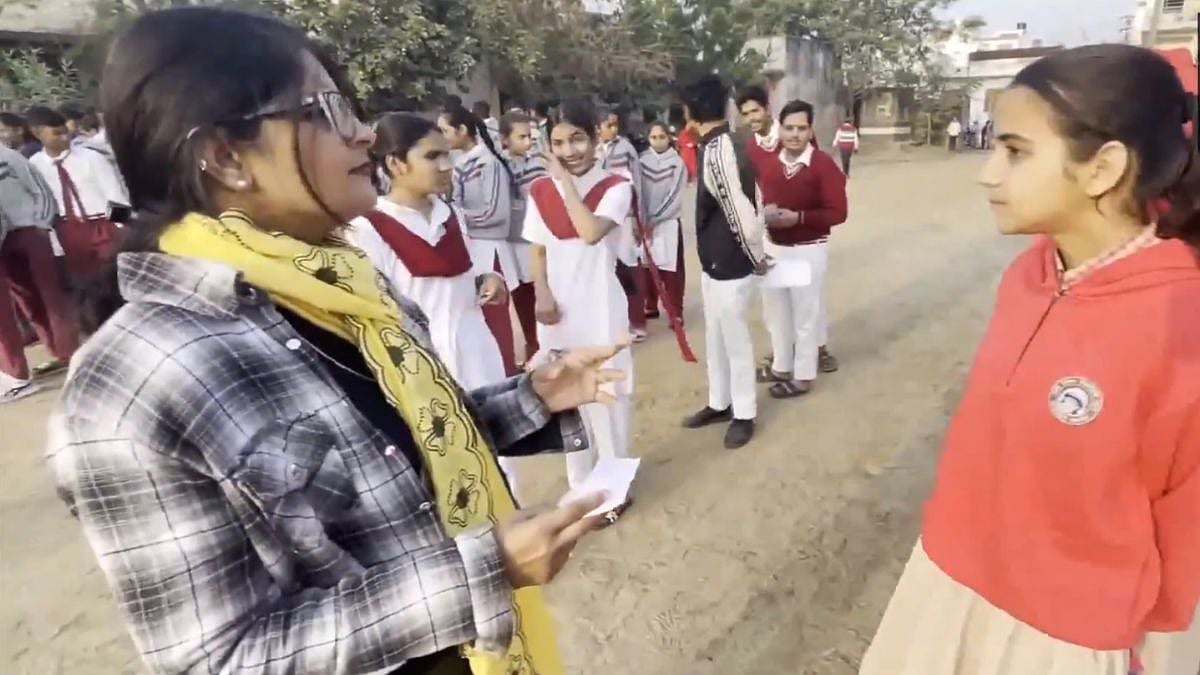India is a huge country with a massive population. However, the resources available to this population are not uniform. Owing to this factor, there is a stark gap between the lifestyle of those belonging to developed and posh areas and those who come from relatively underdeveloped cities. The lack of resources as such spells gaps in all fields of life between the two strata of society and the educational arena is no different.
The field of education is subject to constant change depending upon the dynamic needs of the job industry and changing tactics of the world. However, not all people are in a position to avail education at high-end institutes that teach revised and updated curriculum. In fact, the situation is such that these updates in teaching techniques and syllabus seldom reach the classrooms of the rural areas. This gap in knowledge and skill impartment that begins in these classrooms, widens with the passage of time and spells an even worse disparity in the employment scenarios and lifestyles of the students later in life.
However, things have been changing at this forefront as rapid technological advancements are working to modify this unfortunate situation. The Internet is making a paced introduction in even the most backward areas of the nation in today's date. As internet penetration is increasing, more and more people are in a position to avail themselves of the several resources and wisdom of the web. In this scenario, EdTech platforms have emerged as a growing trend.
Some ways in which Digitalization and Technology have been transforming the rural education scenario are listed as follows-
Leveling playing field: The Internet is indeed the biggest and the most impactful invention of the decade. Being able to transmit hordes of data across borders within a matter of seconds was not something one could even fathom before the invention of the internet. Education through the internet has thus come as a transforming prospect. It allows people to access updated content easily, even in the most remote areas. The increasing availability, accessibility, and affordability of cellular data and smartphones, too, have played their part in making the availability of new-age educational resources more streamlined and uniform across the country. Now people from all economic brackets are in a position to avail top-notch and modernized education, thanks to the growing digitization and technological adoption in the fields of education.
Aiding awareness and career opportunities: As opposed to what one might believe at first glance, EdTech platforms do a lot more than supply educational resources to rural areas. They also raise the awareness of the students regarding various career prospects that may stem from a given educational field and thereby allow them to explore more than just the traditional occupations. Knowing about the market demands and patterns in a job scenario can be huge for a student looking for a job in a competitive domain. Thus, digitized platforms of education allow students an increased probability of getting jobs by informing them what to prepare for and expect from a given field of work. They also assist the strengthening of practical and soft skills in their students which in turn helps them stand out in the applicant pool.
Personalized curriculums: Technology of all sorts is meant to upgrade and advance with time in this day and age of rapid technological innovations. With improvement in technology, all things that have technology as their foundation, such as EdTech platforms, are also bound to improve. EdTech platforms continuously upgrade their offerings and content to keep it at par with the norms of the day.
The latest trend that is gaining popularity in today’s time is personalized content and Hyperlocalization. Hyperlocalization includes tailoring something to be in alignment with the local norms and culture of a given area. In an academic setting, hyperlocalization can be of immense benefit. Making educational content available in regional languages and using local examples, can aid learning by making the curriculum easier and more familiar to students. Also, removing the knowledge of foreign languages as a prerequisite for learning makes education more accessible and uniform.
Better Government policies: The several benefits of the use of the internet in imparting education have not gone unnoticed by the Government. The State Governments of today are all for adopting blended models of learning. These models assist the Government in catering to the academic needs of even the most underdeveloped areas. The data facilitated by these blended models aid policy decisions of state governments.
Summing up
The advent of technology has been revolutionary for all industries, including the education industry. Technological enhancements and EdTech platforms based on these are now taking education to the next level, in not just the developed and urbanized states and cities but also in rural areas. By enabling easy and affordable access to academic content available all across the country, the internet and its offerings have truly contributed to achieving a better future. This article provides an insight into the ways in which digitization and technological adoption has revolutionized rural education.
(Maninder Singh Bajwa, CEO and Founder, iScuela--platform for learners.)









